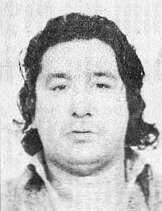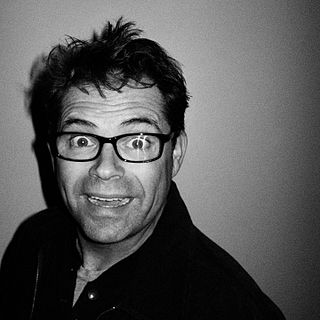A Quote by Ursula K. Le Guin
I think hard times are coming when we will be wanting the voices of writers who can see alternatives to how we live now and can see through our fear-stricken society and its obsessive technologies to other ways of being, and even imagine some real grounds for hope. We will need writers who can remember freedom. Poets, visionaries-the realists of a larger reality.
Related Quotes
Literature is the one place in any society where, within the secrecy of our own heads, we can hear voices talking about everythingin every possible way. The reason for ensuring that that privileged arena is preserved is not that writers want the absolute freedom to say and do whatever they please. It is that we, all of us, readers and writers and citizens and generals and goodmen, need that little, unimportant-looking room. We do not need to call it sacred, but we do need to remember that it is necessary.
When people in my generation started to write, we did not actually have much of a movie industry, much of a theater scene, much of a television industry or other creative outlets. But we had a lot of aspiring writers. All that has changed. We now have a movie industry, television industry and lots of theater. But we have retained a large contingent of writers and a dedicated readership. The larger number of people in society who value writing, the larger number of good writers will be produced. That's my belief. It raises the bar.
If no one speaks out for [young readers], if they don’t speak out for themselves, all they’ll get for required reading will be the most bland books available. Instead of finding the information they need at the library, instead of finding novels that illuminate life, they will find only those materials to which nobody could possibly object... In this age of censorship I mourn the loss of books that will never be written, I mourn the voices that will be silenced — writers’ voices, teachers’ voices, students’ voices — and all because of fear.
In some ways painters have been more important in my life than writers. Painters teach you how to see—a faculty that usually isn’t highly developed in poets. Whether you take a walk in the woods with a painter, or go to a museum with one, through them you notice shapes, colors, harmonies, relationships that enhance your own seeing.
A lot of writers, especially crime writers, have an image that we think we're trying to keep up with. You've got to be seen as dark and slightly dangerous. But I'm not like that and I've realised that I don't need to put that on. People will buy the books whether they see a photo of you dressed in black or not.
Read a lot. But read as a writer, to see how other writers are doing it. And make your knowledge of literature in English as deep and broad as you can. In workshops, writers are often told to read what is being written now, but if that is all you read, you are limiting yourself. You need to get a good overall sense of English literary history, so you can write out of that knowledge.
Today's enterprise IT architecture is about integrating systems to meet business needs. Consequently, IT architects can't - and don't - live in a vacuum. To address that reality, Catalyst Conference 2006 will delve into strategic infrastructure technologies with the depth to which our clients have grown accustomed. With the larger number of Cross-Cutting Concerns sessions, we'll also clearly illustrate how these technologies relate to each other, and how roles, geographies, and business processes intersect within an enterprise.
If you put 100 people on an island with no food, no water, no hope of a ship coming, then some will overcome it and be resourceful, some will live in it, others will panic, and others will show horrific character, which is wrong. But not to understand that all alternatives are possible is wrong as well.
You will never experience less reality than when you are watching a reality show. You're watching people who aren't actors, put into situations created by people who aren't writers and they're second guessing how they think you would like to see them behave if this were a real situation, which it's not. And you are passively observing this; watching an amateur production of nothing. It's like a photo of a drawing of a hologram.




































